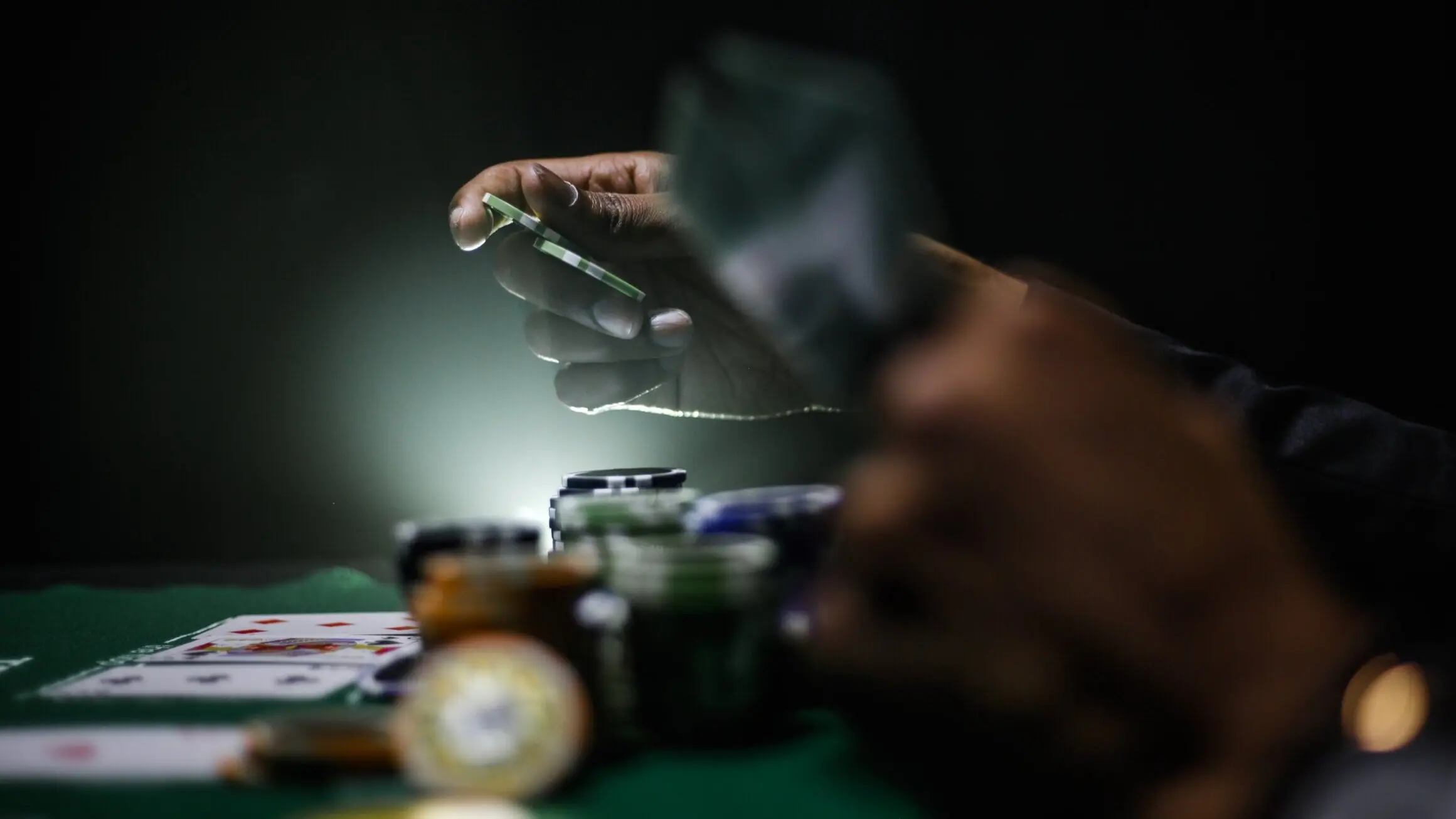Poker and long nights go together. Card rooms stay busy long past midnight. Online tables never close. But the impact on your energy goes way beyond a sleepless look. Playing late starts to drag your performance at the table and everywhere else.
A Night at the Table and What You Miss in the Morning
Grinding through countless poker hands after midnight does more than leave you tired. The brain fixates on missed draws, bad beats, or the occasional big win. What most people forget is how these sessions impact everything else by morning.
The mental math you used for poker now works against you. Instead of focusing on work meetings, errands, or even cooking breakfast, your attention drifts. Those late-night sessions pull energy away from basic daily routines before you even realize it.
Poker demands focus, discipline, and clear memory recall. But when your brain is running on fumes, even simple decisions feel heavy. You’re not just short on sleep — you’re short on mental bandwidth. The effects can bleed into the rest of your day like a fog you can’t shake off.
Sleep Debt and Poker Judgment
Lack of sleep erodes your judgment. Research shows that players who get fewer hours of sleep take more risks and make worse decisions. That means more hands played, bigger mistakes, and stacked losses. There’s a clear trend: tired players lose more money and get upset more easily.
Those losses do not stay at the table. Playing poker while sleep-deprived makes your brain less sharp the next day. Your reactions dull out instead of being quick with odds or tells. Jobs, family, and even simple things like driving can become tougher. Poker stops feeling like a side project and starts running your whole day.
The pattern is easy to miss but dangerous when ignored. A few nights of poor rest turn into a downward spiral. You chase losses, play longer hours, and cut more sleep — all in the name of getting even.
Poor Sleep Equals Poor Play
A large study tracked nearly 1,500 poker sessions. About one in five were played by people who were low on sleep. Those sessions saw more hands played and higher levels of emotional and behavioral tilt. Sleep deprivation leads to more impulsive actions and worse financial outcomes at the table.
Sleep also affects other tilt symptoms. You tilt more and make more emotional decisions if you’re tired or playing after drinking. Missed sleep changes how you handle frustration. You get annoyed at bad beats more and have less control over your reactions. It can snowball into a streak of bad decisions at and outside the table.
Mental fatigue has a funny way of hiding itself. You might think you’re alert, but your reaction times and decision quality silently degrade. That edge you thought you had? It disappears behind a wall of sleep debt and emotional burnout.
Industry Reactions and Player Habits
Poker players and coaches have begun to talk more about these issues. Forums and blogs share tips for cutting back late-night sessions. Some platforms suggest regular breaks and track screen time. Players like Daniel Negreanu and Phil Hellmuth often talk about how sleep keeps their game tight in big tournaments.
Health and fitness are getting more focus from YouTube poker channels and streamers. Many now discuss ways to schedule play around sleep, avoid tilt, and improve recovery after late nights.
Even elite poker stables are adjusting their schedules. Instead of 12-hour marathons, many now focus on shorter, high-efficiency sessions. The focus is shifting from quantity to quality — and sleep is being recognized as a core strategy for performance.
What You Give Up for the Cards
Burnout from late poker is real. Tiredness kills interest in the game eventually. Your edge fades, and missed sleep shows up in missed spots at the table. Enjoyment goes down, results worsen, and other parts of life start lagging.
Real-life stories from poker pros back up what the data shows. A few late sessions can be fun. But running on empty for days makes the edges blur. Successful players recognize when to take breaks, sleep, and return sharper.
Beyond performance, there’s your health. Chronic sleep loss is linked to weakened immunity, heart issues, and increased stress. Playing into the early hours might feel like dedication, but it’s often just self-sabotage in disguise.
How to Avoid the Drag
Start by picking your playing hours. Skip sessions when you’re already tired. Use sleep trackers if needed. Build breaks into your night instead of marathon runs. Try for one good block of play instead of pushing for hours.
Watch for signs like increased tilt or repeated mistakes. Losses from tired decisions pile up fast. The best wins at poker happen with a rested mind and a clear head.
Set firm limits on session lengths, and consider setting alarms to force breaks. Prioritize hydration and nutrition as part of your night routine — both of which affect mental stamina more than people realize.
Conclusion: Sleep Is Your Secret Weapon at the Poker Table
Poker at night feels productive. But it steals energy from everything else. The science, the stories from the tables, and the fallout in missed days are all clear. Respect the importance of rest as much as your chip stack if you care about your game and your life outside it.
Long-term success in poker isn’t about playing the most hours — it’s about playing the best ones. And those happen when your mind is sharp, your emotions are steady, and your body is rested.
So the next time you’re tempted to grind until 3 AM, ask yourself: Are you really gaining an edge, or just borrowing against tomorrow’s clarity? Choose rest. Your bankroll, your focus, and your real life will thank you.
Also Read-Selecting the Right Tech Stack for Mobile App Success










